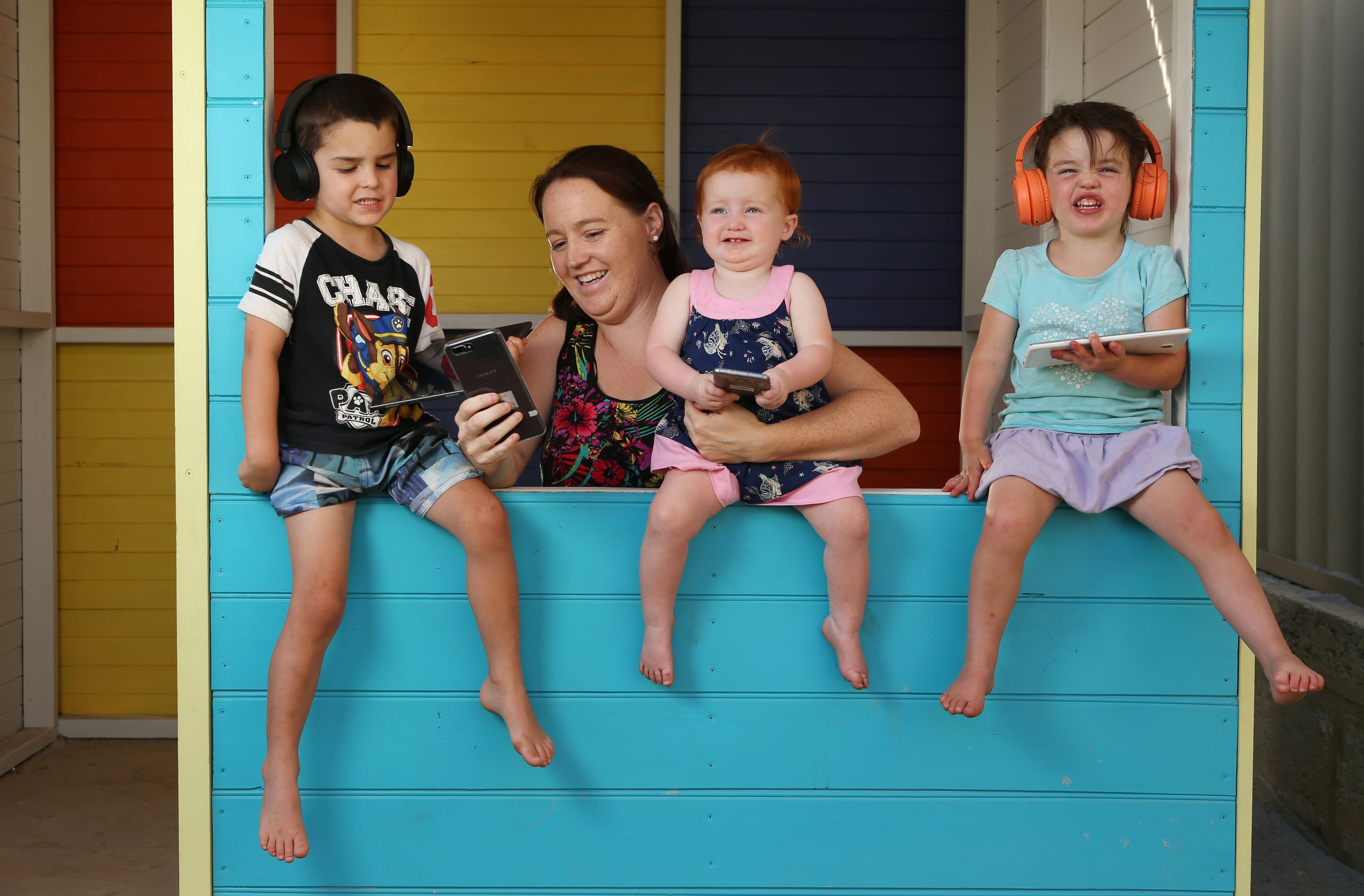Most young Australian children have access to screen devices, with the most frequently used devices among toddlers and preschool-aged children being television and mobile touchscreen devices, like tablet computers and smartphones.
Research shows that over a third of preschool-aged children own their own device.
While this technology provides exciting opportunities, many parents and professionals in the early childhood sector have concerns about the impacts on children’s emotions, social communication, early social and cognitive learning, and physical activity and postures.
Parents and other caregivers have pivotal roles in helping young children develop appropriate habits for wise screen technology use. This significant role reflects that this is the first generation to raise young children who use mobile touchscreen devices.
The increase in the number of Australian children accessing devices, together with a lack of guidelines focused on this specific technology, have led to new challenges for parents. More information is needed on how young children and their families use screen technology, especially mobile touchscreen devices, and what parents think about the use of screen technology around and by young children.
The Screen ORIGINS Study consists of two projects with different approaches to learn more about the screen use of ORIGINS families;
1. Analysis of Data
Working title: Screen ORIGINS: Longitudinal study of the multidimensional influences and impacts of contemporary screen technology use over the first 5 years of life
This involves analysis of ORIGINS questionnaire and clinical visit data to assess what influences family screen use and measure the potential implications of screen use on a child’s health and development.
This project aims to investigate screen technology use by parents and young children, as well as to investigate factors related to families’ screen technology use and potential impacts of screen technology use on health and development outcomes.
2. Family Interviews
Working title: Screen ORIGINS: Qualitative exploration of parental views and practices regarding screen technology use in families with young children
This involves interviews with families to explore parents’ views and practices regarding screen technology use by themselves when they are around their children, as well as use by their young children, focused particularly on mobile touchscreen devices.
This project aims to explore parents’ perspectives and practices related to screen technology use through one-on-one qualitative interviews with ORIGINS parents at different time points.
Project Update
We are analysing data on several hundred families examining their technology use, factors influencing it and potential impacts on child development.
We have also completed interviews with families at the pre-natal and infant stages, and plan to interview parents of toddlers and pre-schoolers in the next few years.
PhD Achievement and Findings
Dr Rebecca Hood worked extensively with ORIGINS' families and data and was recently awarded her doctoral degree from Curtin University. Her thesis findings showed that how smartphones and tablet computers are used (not how long they're used) is important in whether these devices help or hinder perceived parent-child relationships.
Read the full thesis here.
Who is leading these studies?
The Screen ORIGINS sub-project's are led by Prof Leon Straker and Dr Juliana Zabatiero from Curtin University, with Dr Rebecca Hood (ARC Centre of Excellence for the Digital Child and Curtin University).
The studies also involve Professor Desiree Silva (ORIGINS Co-Director), Professor Susan Edwards (ACU), Professor Susan Danby (QUT), Professor Steven Zubrick (The Kids).
For more information:
Professor Leon Straker: l.straker@surtin.edu.au
Dr Juliana Zabatiero: juliana.zabatiero@curtin.edu.au

